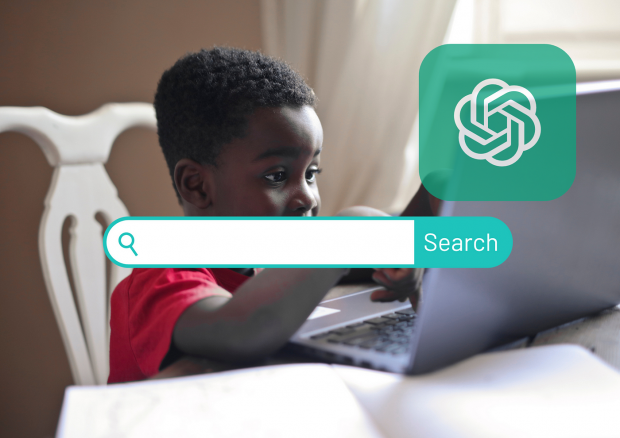
Breaking News
 BREAKING EXCLUSIVE: Globalists' Staged Coup Against Rightful President Of Romania EXPOSED
BREAKING EXCLUSIVE: Globalists' Staged Coup Against Rightful President Of Romania EXPOSED
 CES 2025: 18 new products we're looking forward to this year
CES 2025: 18 new products we're looking forward to this year
 Revealed: LA fire department begged for $100M to fix old trucks and replace 16 axed positions...
Revealed: LA fire department begged for $100M to fix old trucks and replace 16 axed positions...
 Tulsi Gabbard, For Better or For Worse
Tulsi Gabbard, For Better or For Worse
Top Tech News
 $200 gadget brings global satellite texting to any smartphone
$200 gadget brings global satellite texting to any smartphone
 New Study Confirms that Cancer Cells Ferment Glutamine
New Study Confirms that Cancer Cells Ferment Glutamine
 eVTOL 'flying motorcycle' promises 40 minutes of flight endurance
eVTOL 'flying motorcycle' promises 40 minutes of flight endurance
 New Electric 'Donut Motor' Makes 856 HP but Weighs Just 88 Pounds
New Electric 'Donut Motor' Makes 856 HP but Weighs Just 88 Pounds
 Physicists discover that 'impossible' particles could actually be real
Physicists discover that 'impossible' particles could actually be real
 Is the world ready for the transformational power of fusion?
Is the world ready for the transformational power of fusion?
 Solar EV gets more slippery for production-intent Las Vegas debut
Solar EV gets more slippery for production-intent Las Vegas debut
 Hydrogen Finally Gets A Price Tag: S&P 500 New Energy Plays Soar Along With This Amazon Vendor
Hydrogen Finally Gets A Price Tag: S&P 500 New Energy Plays Soar Along With This Amazon Vendor
 TSMC's New Arizona Fab! Apple Will Finally Make Advanced Chips In The U.S.
TSMC's New Arizona Fab! Apple Will Finally Make Advanced Chips In The U.S.
 Study Reveals Key Alzheimer's Pathway - And Blocking It Reverses Symptoms in Mice
Study Reveals Key Alzheimer's Pathway - And Blocking It Reverses Symptoms in Mice
Kids who use ChatGPT as a study assistant do worse on tests

Does AI actually help students learn? A recent experiment in a high school provides a cautionary tale.
Researchers at the University of Pennsylvania found that Turkish high school students who had access to ChatGPT while doing practice math problems did worse on a math test compared with students who didn't have access to ChatGPT. Those with ChatGPT solved 48 percent more of the practice problems correctly, but they ultimately scored 17 percent worse on a test of the topic that the students were learning.
A third group of students had access to a revised version of ChatGPT that functioned more like a tutor. This chatbot was programmed to provide hints without directly divulging the answer. The students who used it did spectacularly better on the practice problems, solving 127 percent more of them correctly compared with students who did their practice work without any high-tech aids. But on a test afterwards, these AI-tutored students did no better. Students who just did their practice problems the old fashioned way — on their own — matched their test scores.
The researchers titled their paper, "Generative AI Can Harm Learning," to make clear to parents and educators that the current crop of freely available AI chatbots can "substantially inhibit learning." Even a fine-tuned version of ChatGPT designed to mimic a tutor doesn't necessarily help.
The researchers believe the problem is that students are using the chatbot as a "crutch." When they analyzed the questions that students typed into ChatGPT, students often simply asked for the answer. Students were not building the skills that come from solving the problems themselves.
ChatGPT's errors also may have been a contributing factor. The chatbot only answered the math problems correctly half of the time. Its arithmetic computations were wrong 8 percent of the time, but the bigger problem was that its step-by-step approach for how to solve a problem was wrong 42 percent of the time. The tutoring version of ChatGPT was directly fed the correct solutions and these errors were minimized.



